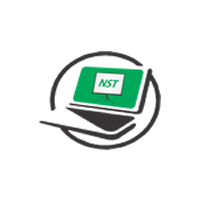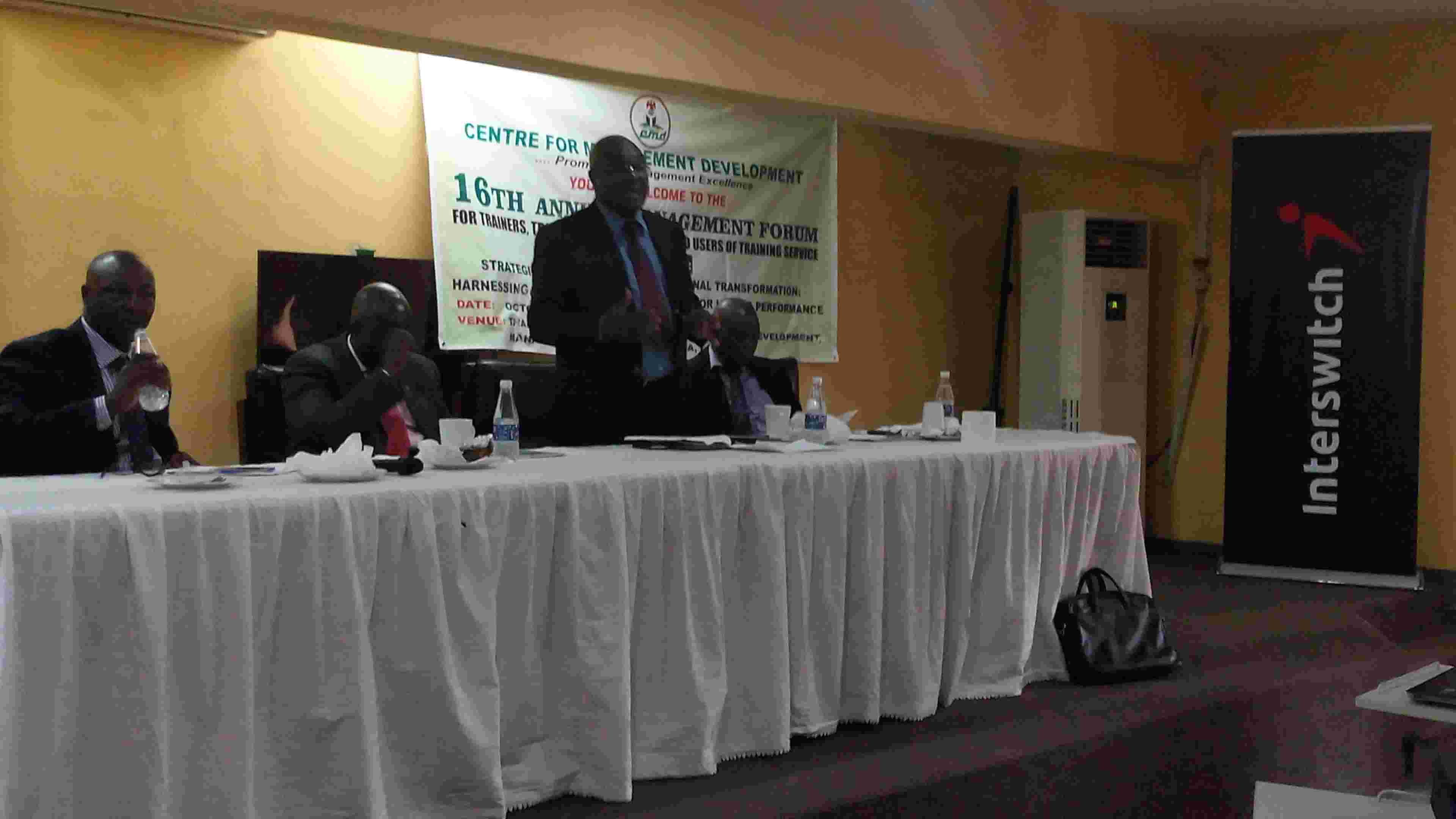Becoming More Productive at Work – A Recipe for a Secure and Fulfilling Career

Before, during and after the Covid-19 pandemic, the economic situation in Nigeria, and everywhere around the world continues to move from bad to worse. The war in Ukraine is not making things any easier with worldwide disruption in supply chains and a looming food crisis. Every day, the cost of essential commodities continues to rise. Hunger is prevalent in the land with many desperate to get a source of livelihood. Unemployment is constantly on the rise. The continuous increase in energy costs and the resultant increase in the cost of operations of companies has made many organizations to implement cost reduction measures, one of which is downsizing or right-sizing, both of which essentially means cutting down on the number of staffs.
So, you still have a job, congratulations! And, hopefully, you are not planning to “Japa” (leave the job and travel abroad). Does this not seem like this is a good time to do a critical self-assessment, to review your standing within your organization. To ask yourself these pertinent questions:
If my company were to decide to downsize today?
- What are my prospects of being retained?
- Am I contributing enough to the business of my organization?
- Would my work stand me out?
- Would my company consider me valuable enough to want to retain my services at all cost?
- Does my immediate boss consider me an asset to the company?
- Would my team members consider me a “great guy”? And so on…
Yes, even if the answers to all the questions above were YES, sometimes people get laid off irrespective of whether they are productive or not. However, your chances of being retained would be greatly enhanced if the answers were YES, and grossly diminished if they were NO. So, would your chances of your retaining your job, earning that raise, and getting that promotion to give your lovely family the kind of life you’ve always dreamt of become GREATLY ENHANCED if you became more productive at work? Our answer is an unequivocal YES.
What You Can Do to Be More Productive at Work
The purpose of this writeup is to provide a guide, or if you like, a mirror to help you examine your peculiar situation and run you through steps that you can take to begin to journey to a more productive, happier and heathier YOU! A guide, if you’re just starting the journey, and a mirror to review what you are doing if you are already on your way. We have listed below a few steps you can take to improve your productivity and become a valued and sought-after person at work.
1. Know Your Job
Without doubt, there is no substitute for learning your role inside out. Therefore, you should invest time to ensure you fully understand your role, the key tasks, how your performance is measured, how your work impacts others and how your output is used by others. Once you know your role well, you will command respect and be the expert in that area of the business. This concept applies to every type of role, throughout your career.
2. Learn from Your Peers
In many jobs your peers will already have the answers to a lot of your questions. Your boss may have all the answers as well. While asking your boss for help is the most obvious step for each of us to take, nobody likes to inundate their boss with questions. Therefore, depending upon the structure of your department and/or business, you could dramatically increase your productivity by leveraging on the skills and knowledge of those around you. Particularly in the early days of your career, your peers may be able to point out various potential pitfalls.
3. Know the Value of Your Tasks
Take time to understand what tasks and procedures are essential (for compliance, statutory and other ‘must do’ purposes), those that add some value to the business and those that are performed as a matter of routine, with no obvious value. You should question (diplomatically) why you are undertaking the tasks that do not add value, to understand better how they help you achieve your annual objectives, your department’s objectives and those of the business. It may be that you are not aware of the value of the task that has been assigned to you, or you do not have sight of how it fits into the overall scheme of things. If after this ‘questioning’ it becomes clear that the task does not add value to the business, you should discuss it further with your boss. The bottom line is that you should understand the relative value of a task.
4. Invest Time in Learning the Skills
To be productive at work, you must schedule time and set aside resources to learn the practical skills of your profession by leveraging on available learning opportunities. According to Napoleon Hill in his book “Think and Grow Rich”, successful men, in all callings, never stop acquiring specialized knowledge related to their major purpose, business, or profession. Those who are not successful usually make the mistake of believing that the knowledge acquiring period ends when one finishes school. The truth is that schooling does but little more than to put one in the way of learning how to acquire practical knowledge.
One of the most reliable and practical sources of knowledge available to those who need specialized knowledge are training firms / institutions that offer short professional and management courses. These training firms and institutions give specialized training on all subjects that can be taught. The advantages of this learning option include:
- The flexibility of the study program. You can plan to attend while on leave or take a few days off work to attend.
- Some of the courses can be taken online as e-Courses and can be accessed no matter where you live.
- Most courses offered by these training firms carry with them generous privileges of consultation which can be of priceless value to those needing specialized knowledge.
5. Plan
You cannot get away from it. Planning is so very important and is something that we are taught about at school but many still fail to plan adequately when at work. From junior to senior staff, we so often see the impact of poor planning on the productiveness of individuals. Before undertaking any significant task, spend time planning out what you want to achieve and determine the best ‘effective’ way of achieving it.
Through planning and the sharing of your plan with others, while also asking for feedback, you will no doubt find that you are better placed to achieve the desired results
6. Prioritize
Once you know what you should be doing, and you know what you are doing adds value and is being used by others, you can prioritize to get to those higher value tasks first and ensure that those that are most important are done first. This does not mean that you should continually ignore what you perceive as less valuable tasks, but rather ensure that the timelines for completing them are properly communicated to those that need to know so that you can manage their expectations. In fact, the reason why many managers feel let down in this regard is not the fact that they doubt that you are working on the most important stuff but that they were not aware that some of the other tasks, perhaps lower priority ones, had been put on the back burner. By managing their expectations, you are solidifying and supporting your list of priorities.
7. Challenge the status quo
Do not immediately accept things as they are as there may be a better, more effective way of completing a task or procedure. When you inherit the role of your boss or peer, if you assume that there are several inefficiencies and ineffective aspects to the role, your mind will be open to making the job more productive. Too often we assume that the predecessor knew exactly what they were doing and had ironed out unnecessary tasks and procedures, stream-lining work to ensure productivity was maximized.
When we move on to new pastures, we should endeavor to check that workflow has been left in the best possible order, with the most effective set up.
8. Check that you’re on track
One way to maintain high productivity levels is to track your progress on a regular basis. If you are falling behind in a task, procedure or project you should find ways to speed things up or, if necessary, speak to your boss or the project sponsor about the potential push back of the target date. Regular checking allows you to have ongoing, clear and precise conversations about your ability to meet the various objectives that have been set for you. If you do not have a feel for how you are progressing, then you won’t be able to raise issues and discuss them in a timely manner
9. Be healthy
By eating a balanced diet and exercising regularly you can certainly impact your cognitive powers of awareness and ensure that you remain more alert in the workplace. Indeed, having sufficient uninterrupted sleep is without doubt very important too. Where you cannot control these factors, you should work hard to ensure that they benefit your performance when at work. If you feel that these factors are out of your control, step back and see what you can do about it. Often you have more power than you realize to alter your daily routines to benefit from a healthier and fitter existence.
10. Set deadlines
Without deadlines, you won’t be able to judge how you are progressing against the target completion date and, as a result, you will not have a definitive measure of productivity. It is helpful to set deadlines (even if self-imposed) for all tasks of a reasonable size. That way, you will be able to assess how often you manage to achieve your objectives within the time given. If you continually fail to achieve your deadlines, you should decide whether it was due to ineffectiveness or inefficiencies or whether the timeline set was unrealistic in the first place. Naturally, there may have been other unexpected distractions, jobs or tasks pushing you off track. However, by setting target dates you should be able to push back on unexpected work gifted to you as you have the ammunition you need to demonstrate the impact on deadlines associated with work already set.
11. Develop Process / System Notes for Staff
It is worthwhile investing time developing system notes and procedures for the most commonly performed tasks within your unit. Not only do you have an excellent source of reference, particularly if some of the processes are complex and relatively difficult to follow, but you also have a great training aid for new staff that take on similar roles and responsibilities. The document is part of your legacy and can be used by the individual that takes on your role when you move up the career ladder. This is certainly a productive use of your time.
12. Work as a team
A fully functioning and supportive team, with a strong and effective manager, will deliver superior results than a ‘team’ that does not work together to achieve the overall aims of the department. By fostering a strong team sense of worth, the individuals are more likely to cover each other’s work when one is out of the office or help when another member is overloaded. There is no doubt that productivity is vastly improved in an environment that allows for and promotes support and team spirit. The whole is indeed more than the sum of the parts.
Obviously, there are so many other ways you could improve your productivity at work that we have not mentioned here. Feel free to research and add them to this list. It will be time well spent.
Here's a toast to a more productive and happier YOU!
NST Team






0 Comments